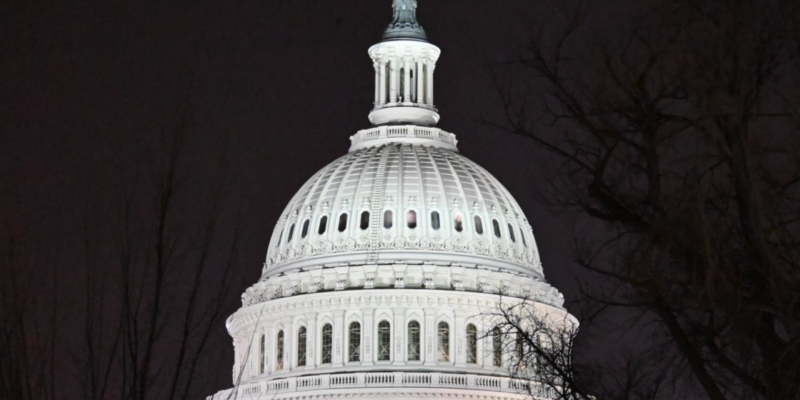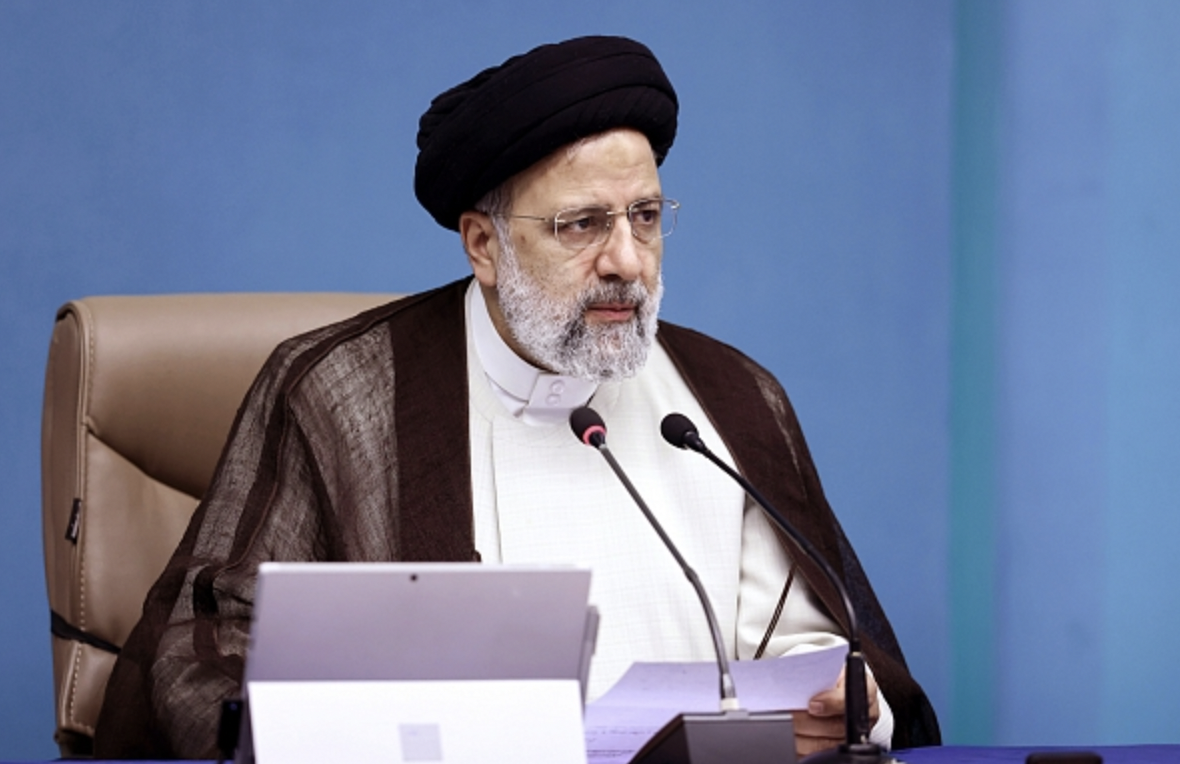Republican lawmakers are upping their public campaign against the International Criminal Court (ICC) in light of reports the former is considering issuing arrest warrants for Israel officials.
The ICC is an international tribunal designed to prosecute individuals for the international crimes of Genocide, Crimes Against Humanity, war crimes, and the crime of aggression.
Neither the US nor Israel accept the jurisdiction of the ICC, which has been accepted by 124 states.
ICC prosecutor Karim Ahmad Khan has been investigating Israeli and Hamas actions in Palestinian Territories.
Some have called for Prosecutor Khan to issue arrest warrants for Israel Prime Minister Benjamin Netanyahu and other Israeli officials, which Israel has roundly rejected.
If the ICC issues arrest warrants for Israeli officials, all 124 states forming part of the ICC would be legally obligated to extradite such individuals if found within their jurisdictions.
Pro-Israel US lawmakers have publicly berated the ICC for its alleged consideration of arresting Israeli officials.
US Representative Brian Mast (R-FL) joined Representatives Chip Roy (R-TX), Elise Stefanik (R-NY) and 23 other Republican Representatives to introduce legislation imposing sanctions on the ICC.
“Our legislation sends a clear message to the International Criminal Court,” said Representative Mast. “We may not recognize you, but you sure as hell will recognize what happens when you target America or its allies.”
In addition, Florida Senators Rick Scott (R) and Marco Rubio (R) joined a letter personally sent to Prosecutor Khan by 12 Republican Senators warning him against issuing warrants for Israeli officials.
The Senators claimed any arrest warrants would be “illegitimate and lack legal basis, and if carried out will result in severe sanctions against you and your institution.”
Former President Donald Trump sanctioned the ICC for its prosecution of American actions in Afghanistan and Palestine.
Current President Joe Biden rescinded the sanctions, claiming his administration objects to “the Court’s efforts to assert jurisdiction over personnel of non-States Parties such as the United States and Israel,” but that sanctions were improperly addressing such objections.














